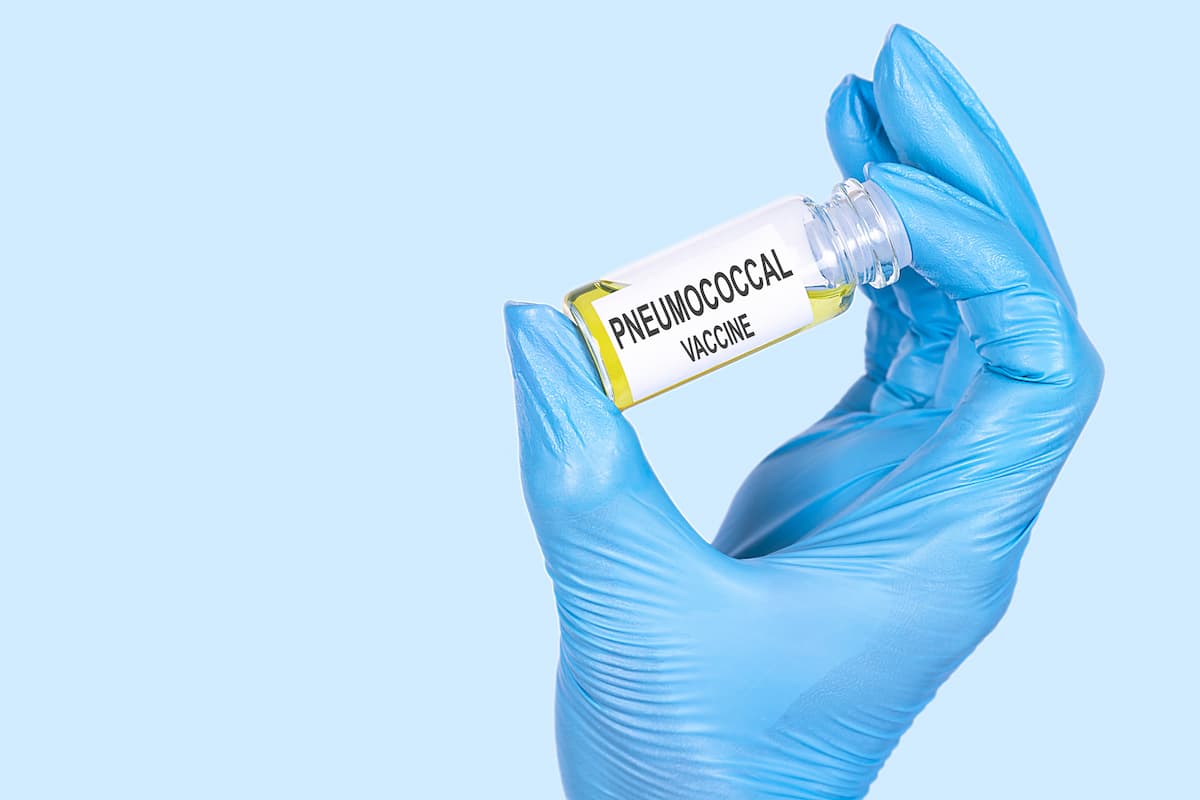Article
What the PBMs Aren't Telling the Press and Employers about Rebates
Making the case that the current rebate system is designed to help increase the PBM's bottom line at the employer's expense.
As we expected, PBMs are trying to confuse the employers and the press about how the Lipitor rebate situation will play out. Rebates are one of the least transparent transactions that the PBMs control. Employers have been erroneously trained by their consultants to focus on “guaranteed” rebate dollars, instead of demanding that the employer get ALL of the rebate money. By bringing the Lipitor rebate out in the sunlight, Pharmacists United for Truth and Transparency has begun to expose how rebates can help increase the PBM’s bottom line at the employer’s expense.
To fully understand how the PBMs Lipitor rebate schemes will cost the employer more than the generic, we will describe in depth how the current rebate system plays out in the self insured employer market.
- Rebate terms are agreed upon at the time the employer/PBM contract is signed. Contracts are typically 3-year terms.
- Rebates are NOT drug specific, they are claim-specific. This helps the PBM avoid transparency by not having to account for each rebate for each drug.
- Rebate language generally takes one of two forms (paraphrased): “Employer’s drug plan rebates will consist of $3 per brand and generic drug claim” (all claims) OR “Employer’s drug plan rebates will consist of $17 per brand name drug” (rebatable claims)
- When the PBM obtains rebate dollars in excess of what is “guaranteed”, the PBM retains all of those dollars.
- PBMs will also engage in semantics games with the drug manufacturer to hide rebate dollars. For example rather than have the drug manufacturer provide a $50 rebate for a drug, the manufacturer will reclassify a portion of those dollars, say $35 as a “formulary fee” or “administrative” of “anything other than a rebate” and $15 as a “rebate”. In this example the employer will then only get a portion of the $15 “rebate” when they should be getting $50.
In the case of Lipitor, because the generic is expected to be about $35 cheaper than the brand (during the first 180 days), the existing rebate money contract language will not likely be enough to make up the difference in cost to the employer between the brand and generic. Unless there is a specific contract addendum in place to address the Lipitor rebate, the employer’s PBM contract will only entitle them to the rebates they agreed to at the beginning of the contract (between $3-$17 per brand name claim on average).
What do we know about the Lipitor situation from the PBM documents?
- The rebate from Pfizer to the PBMs is about $47 per Lipitor script filled.
- The difference in cost between brand and generic Lipitor is $35
- If the employer receives less than $35 plus the copay differential in additional rebate money from terms of their original rebate contract, they are losing money on each Lipitor script filled by their employees.
What about the effect of reduced Lipitor copays?
When copays are reduced, the employer’s costs are INCREASED.
Example A. $155 drug with a $40 copay costs the employer $115
$155 (drug cost) - $40 (copay) = $115 (employer cost)
Example B. $155 drug with a $10 (generic) copay costs the employer $145 ($30 MORE)
$155 (drug cost) - $10 (copay) = $145 (employer cost)
Many employer decision makers (Human Resource Directors/CFOs) are unaware that reducing copays increases employer’s cost (this also applies to mail order incentives).
Putting it all together:
Even if the employer is able to get every dollar of rebate provided by Pfizer to the PBM (based on Catalyst’s number), the employer will still be paying MORE for Lipitor than if they had simply obtained the lower cost generic available.
Self insured employer groups will need to be made aware of that they must stay on top of the various deals and schemes being put together between Pfizer, the PBMs, and the Insurance carriers.
The employers need to be on the phone with their benefits consultants and demanding that the PBM provide the following:
- A readily available and easily auditable accounting of all Lipitor prescriptions filled during the first 180 days of generic Lipitor’s availability
- A written guarantee that the employer’s net cost for brand Lipitor will be lower than the generics available after reduced copays and rebates are calculated
- Financial penalties, including contract termination without penalty if the cost of Lipitor is higher than the generic
Disclaimer
The opinions stated in this blog are the sole and present opinions of Pharmacists United for Truth and Transparency and do not necessarily represent the views of Pharmacy Times and/or its editorial staff. The information stated in this blog is for informative purposes only and should not be constituted as legal or medical advice. Pharmacy Times makes no representations as to accuracy, completeness, currentness, suitability, or validity of any information on this site and will not be liable for any errors, omissions, or delays in this information or any losses or damag es arising from its display or use.

FDA Approves Dupilumab, Marking First Targeted Therapy in a Decade for Chronic Spontaneous Urticaria




